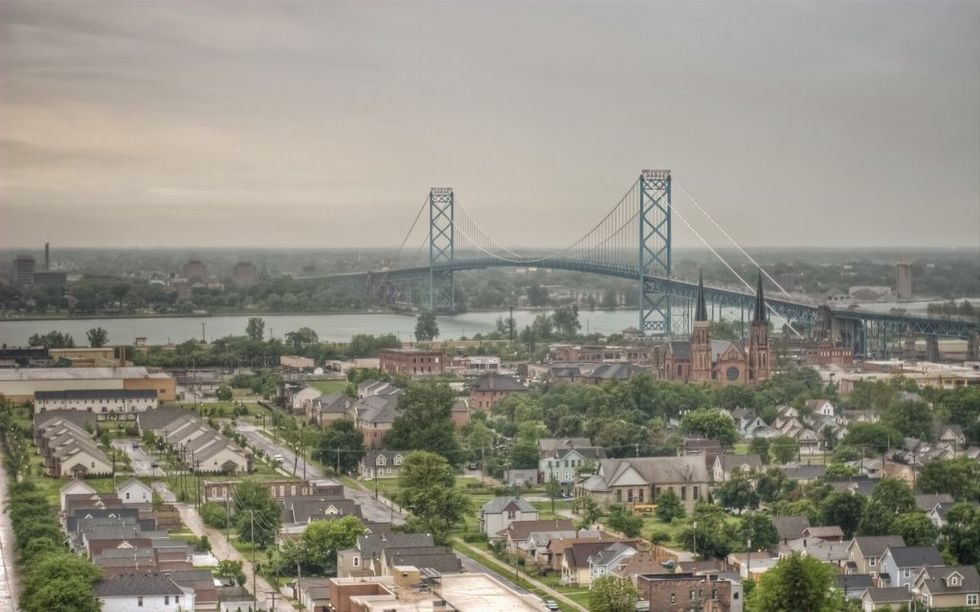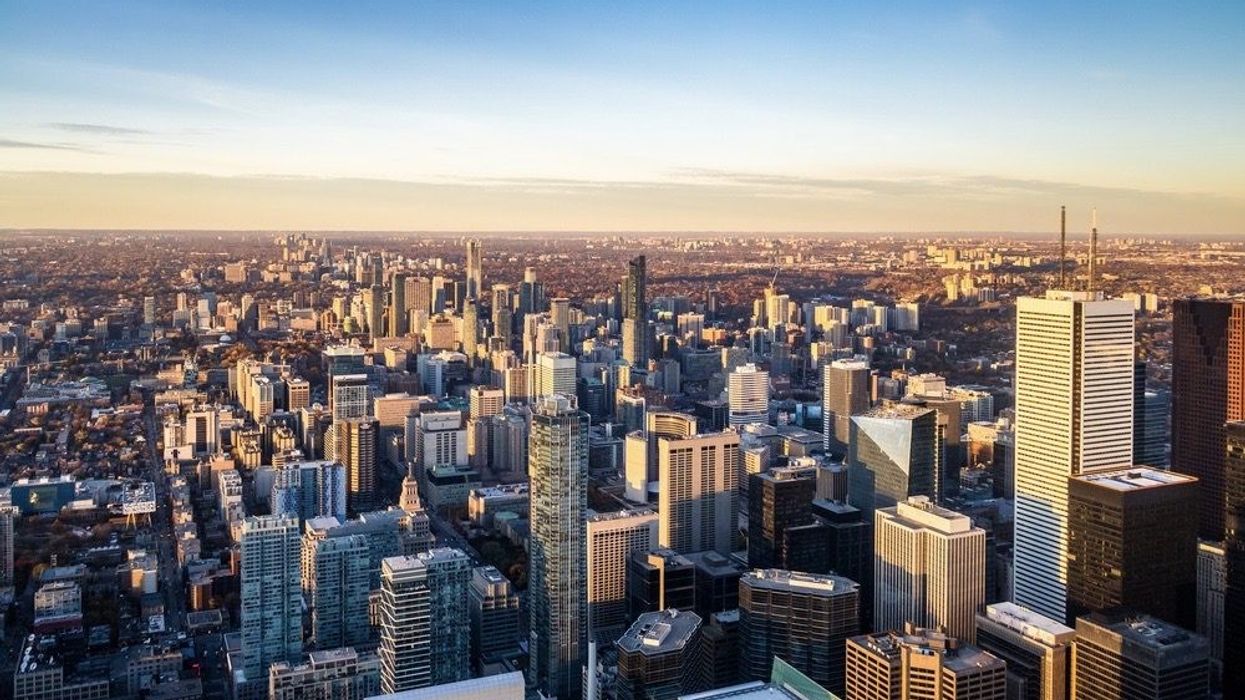Property tax is an often overlooked expenditure in Ontario’s dramatic real estate markets.
Homebuyers typically focus on the heavy-hitting costs of homeownership: the down payment, monthly mortgage cost, closing costs, and land transfer costs. Fair enough.
But property taxes can add thousands of dollars per year to the cost of your home.
Toronto-based real estate brokerage Zoocasa is once again giving property taxes a moment in the spotlight with the release of its annual report of Ontario cities with the lowest and the highest property tax rates.

As it turns out, we didn’t see the same drama on the property tax front as we did on home prices as of late; the placements of the lowest and highest five residential property tax rates remain unchanged between 2020 and 2021, and are the following:
Municipalities with the 5 Lowest Residential Property Tax Rates:
- Toronto: 0.611013
- Markham: 0.632908
- Richmond Hill: 0.659549
- Vaughan: 0.669976
- Milton: 0.683333
Municipalities with the 5 Highest Residential Property Tax Rates
- Sudbury: 1.546783
- North Bay: 1.568182
- Sault Ste. Marie: 1.588067
- Thunder Bay: 1.59108
- Windsor: 1.818668
“Paying your taxes will be a financial obligation over the course of your home’s ownership, so it’s important to understand how they may impact your household’s bottom line,” reads the report.
This is especially noteworthy in today’s pandemic-era housing market. “As many Ontarians have switched from urban to small-town or rural living, they may not realize that while their home has a relatively smaller price tag, it may come with a higher tax rate,” explains the report. “That’s because property tax rates vary across the province, based on municipalities’ size, councils’ operating budgets, and the value of local housing markets.”
As a result, larger urban centres like Toronto can offer lower property tax rates due to a larger pool of taxpayers, and higher real estate prices. On the other hand, smaller communities will often have higher tax rates to account for a smaller population and, likely, fewer resources.

But the municipal tax rate is just one factor. Another element is the recent value assessment of a home, as determined by the Municipal Property Assessment Corporation (MPAC). The amount you actually pay in tax is calculated by multiplying your city’s residential tax rate by this assessment value, highlights Zoocasa.
MPAC usually provides this assessment every four years, and 2020 was slated for the next update; however, as part of COVID-19 tax relief efforts, they froze property value assessments at 2016 levels through the 2022 tax year – something locals and newly-located homeowners certainly weren’t complaining about.
Subsequently, value assessments of Ontario homes may change in the next few years thanks, to an unprecedented growth in home prices across the province that came with the pandemic.
To see how tax rates differ across the province, and how they’ve fluctuated from 2020, Zoocasa compiled 2021 property tax rates for 35 Ontario municipalities.
Residential Property Tax Rates in 35 Ontario Municipalities
1. Toronto: 0.611013
2. Markham: 0.632908
3. Richmond Hill: 0.659549
4. Vaughan: 0.669976
5. Milton: 0.683333
6. Oakville: 0.721512
7. Aurora: 0.762133
8. Burlington: 0.779583
9. Newmarket: 0.794819
10. Halton Hills: 0.796429
11. Mississauga: 0.803063
12. Caledon: 0.805224
13. Brampton: 0.962669
14. Ottawa: 1.000000
15. Pickering: 0.080044
16. Ajax: 1.091294
17. Waterloo: 1.093399
18. Kitchener: 1.106139
19. Whitby: 1.122891
20. Guelph: 1.142609
21. Cambridge: 1.18633
22. Hamilton: 1.208567
23. Barrie: 1.218959
24. Oshawa: 1.304741
25. Niagara Falls: 1.30914
26. Orangeville: 1.333837
27. Kingston: 1.365454
28. London: 1.388283
29. Peterborough: 1.448245
30. St. Catharines: 1.455746
31. Sudbury: 1.546783
32. North Bay: 1.568182
33. Sault Ste. Marie: 1.588067
34. Thunder Bay: 1.59108 35
35. Windsor: 1.818668





















